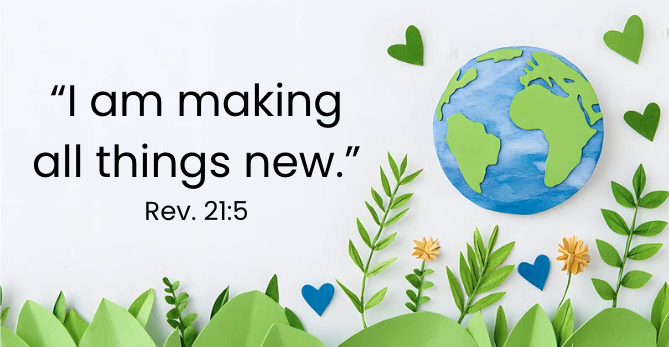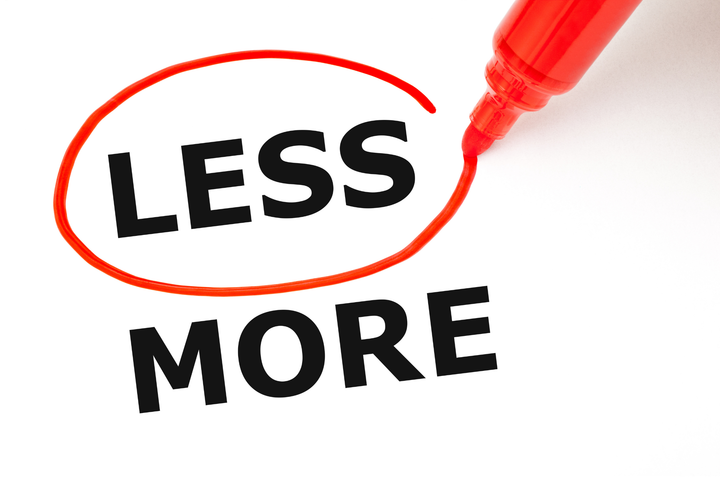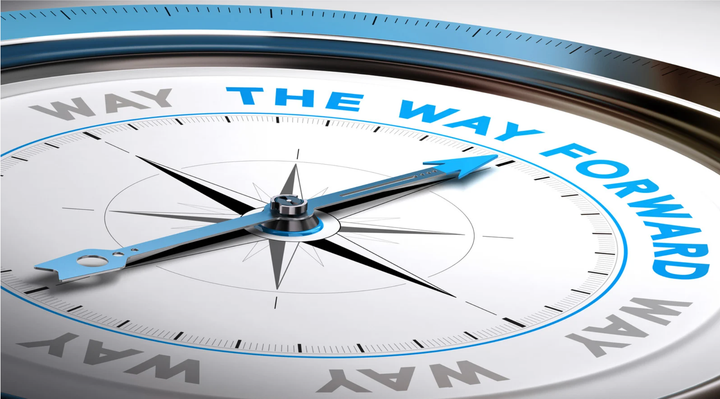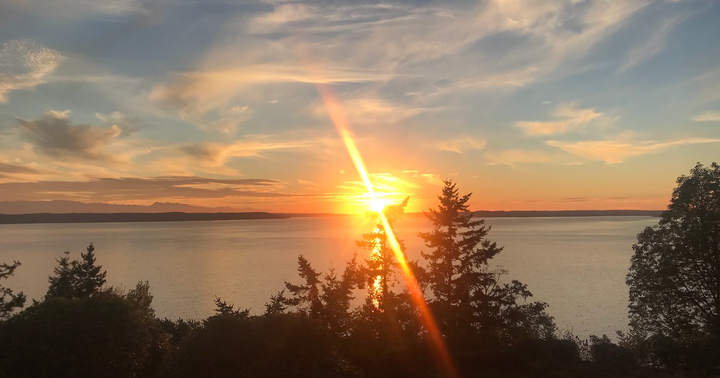The Way Forward: All Things New—The Path of Reform
September 25, 2025 - There is so much that needs changing in our world that it can be overwhelming to think about where to begin. Here's how you discern the change you are called to make. By James Amadon

This is the twelfth piece in my series, “The Journey of Ecological Discipleship." You can find the first eleven pieces HERE. This piece looks deeper into the Reform stage of the journey.
Thanks for reading - James
The journey of ecological discipleship reconnects us to God and creation and calls us to repent from the root causes of our disconnection. It invites us to rewild and reimagine our faith and asks us to reflect on how the journey has changed and equipped us. All of this leads to the final stage of the journey, which calls us to join the Spirit in the work of reform.

Always Reforming
The journey of ecological discipleship is ultimately undertaken for the benefit of the community of creation. The specific communities of creation that each of us lives within vary widely, of course, but they all hold on thing in common: they are dynamic, living systems in constant change and flux.
Life forms, breaks down, and then re-forms, often in increasingly complex and beautiful ways. This process can be as slow as a glacier retreating over several millennia, and as quick as a monarch butterfly emerging from its cocoon. Even events that appear to be destructive help re-form the world. Wildfires, for instance, return nutrients to the soil, remove disease-ridden plants and trees, and enable formerly suppressed forms of life to emerge.
Human community is also in a constant cycle of reform. Old ways grow stale and break down; new forms emerge and take root. We see this pattern over and over again in human societies and institutions, including the Church. It is tempting to think of the Church as an inflexible monolith incapable of change. But if we consider the 2,000 years of Church history, we see a staggering amount of adaptability, creativity, and reform. Not all of the changes have been good, but even when the Church loses its way, the potential for positive reform is always there.
We should not be surprised by this - the Church is part of the dynamic creation described above, and at the heart of the Church is Jesus, whose life, death, and resurrection initiate God's work of new creation. Ecological disciples see themselves as part of this work, taking to heart the message of 1 Corinthians 5:17: "If anyone is in Christ, there is new creation."

Ecodisciples and the Work of Reform
There is so much that needs changing in our world that it can be overwhelming to think about where to begin. Here are a few questions that can help us find our place in the work.
- What do you care about? What problems/issues occupy your mind and tug on your heart? How are they present in your community?
- What is preventing change? What attitudes, beliefs, systems, and organizations are helping maintain the status quo?
- What is yours to do? It is tempting to take on too much, or to attempt something that does not fit our gifts, style, or capacity.
- Who are your partners? Change is hard work. It is good to find people to share the work with.
- How will you go about the work of change? Thinking through your strategy is very important.
These questions have been very important for me as I have discerned my place in the work of reform.
- I am often overwhelmed by all the major environmental and social problems we currently face. While it is important to see the big picture and to be familiar with the wide range of issues and problems, this can lead to overload and inaction. When I really dig deep, I find that I care deeply about the way followers of Jesus have abandoned our call to be earthkeepers, and that this problem has been present in every Christian community I have been a part of.
- Introducing sustainable practices into church life, preaching occasional stewardship sermons, or pointing out all the ecological crises we face and their impact on our fellow humans is not enough to bring sufficient change. There are deeply held theological beliefs, unconscious cultural practices, and significant institutional inertia that prevent Christians, and their churches, from pursuing the kind of systemic change that we need.
- My journey to Circlewood, and The Ecological Disciple, took many years. As I wrestled with the question, "What's mine to do?" I came to see that I was at my best when starting something new and helping others figure out creative solutions to thorny problems. I came to realize that for me to use my gifts to help Christians develop more ecologically-conscious forms of faith, I would need to leave my work as a local church pastor.
- Starting and building a non-profit can be lonely work. I've been fortunate to find good colleagues and supportive friends along the way. This has been especially important as I have moved from the center of church life and establishment Christianity to the edges. Each new friend feels like an additional strand that holds, supports, and encourages me.
- The strategy I employ - patiently building long-term change - aligns with my personality. I'm more comfortable cultivating change through conversation and coalition building than confrontation. Working from these strengths will sustain me over the long haul.
Your answers to these questions will be different from mine (I'd love to hear them) and can help you discern the change you are called to make as you seek to join the Spirit in the work of reform.
With you on the Way,
James
Let me know what you think - james.amadon@circlewood.online.




Comments ()